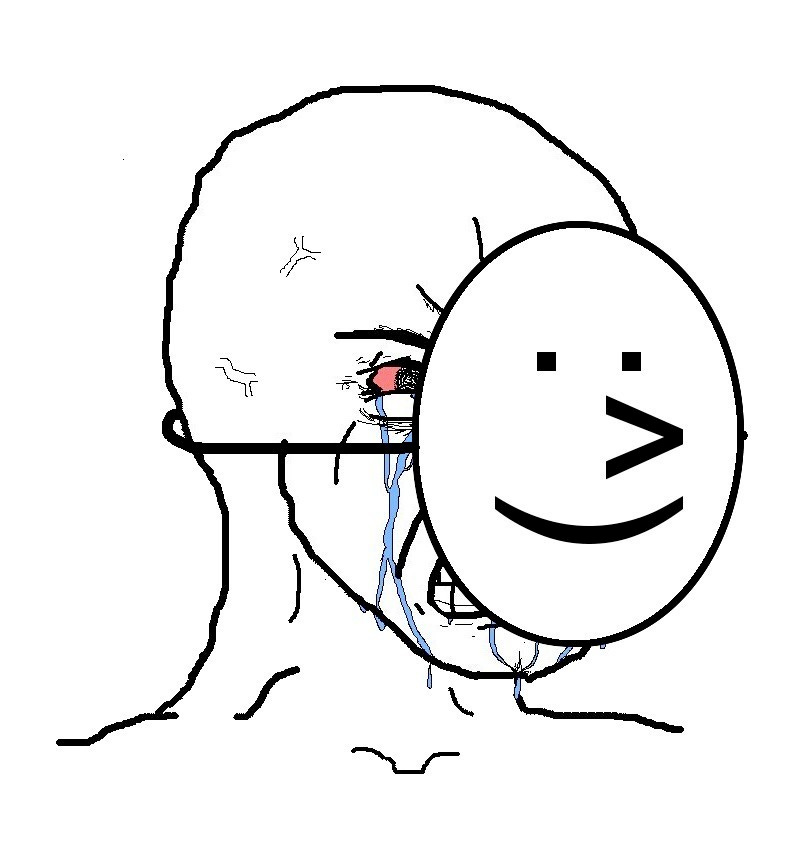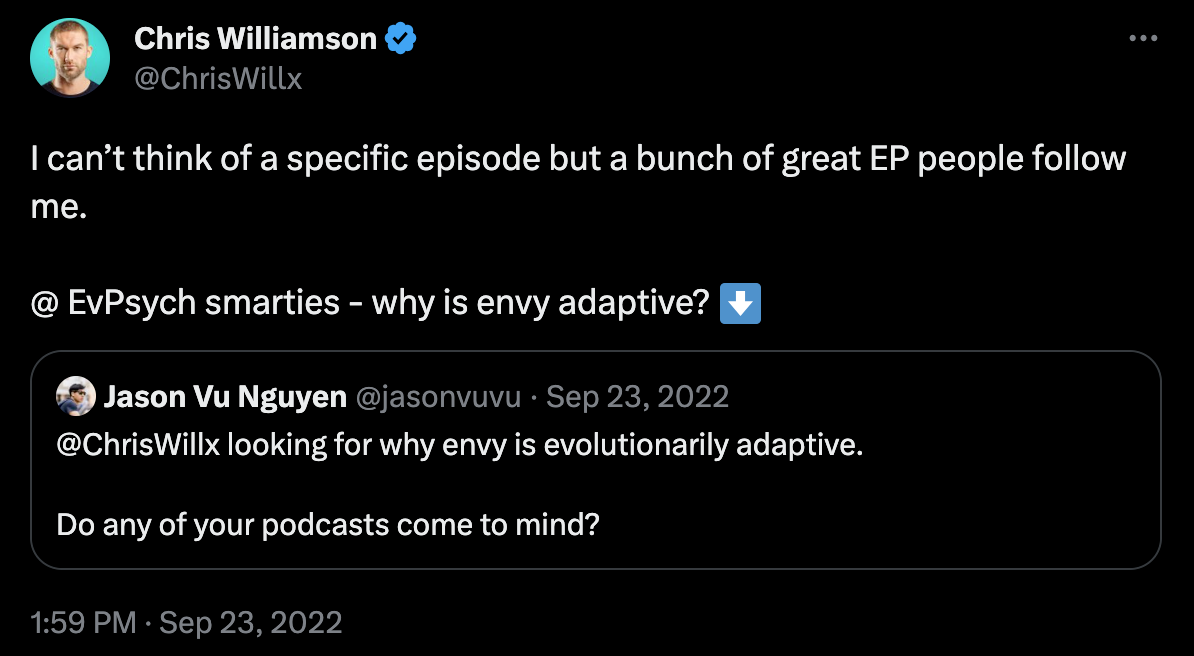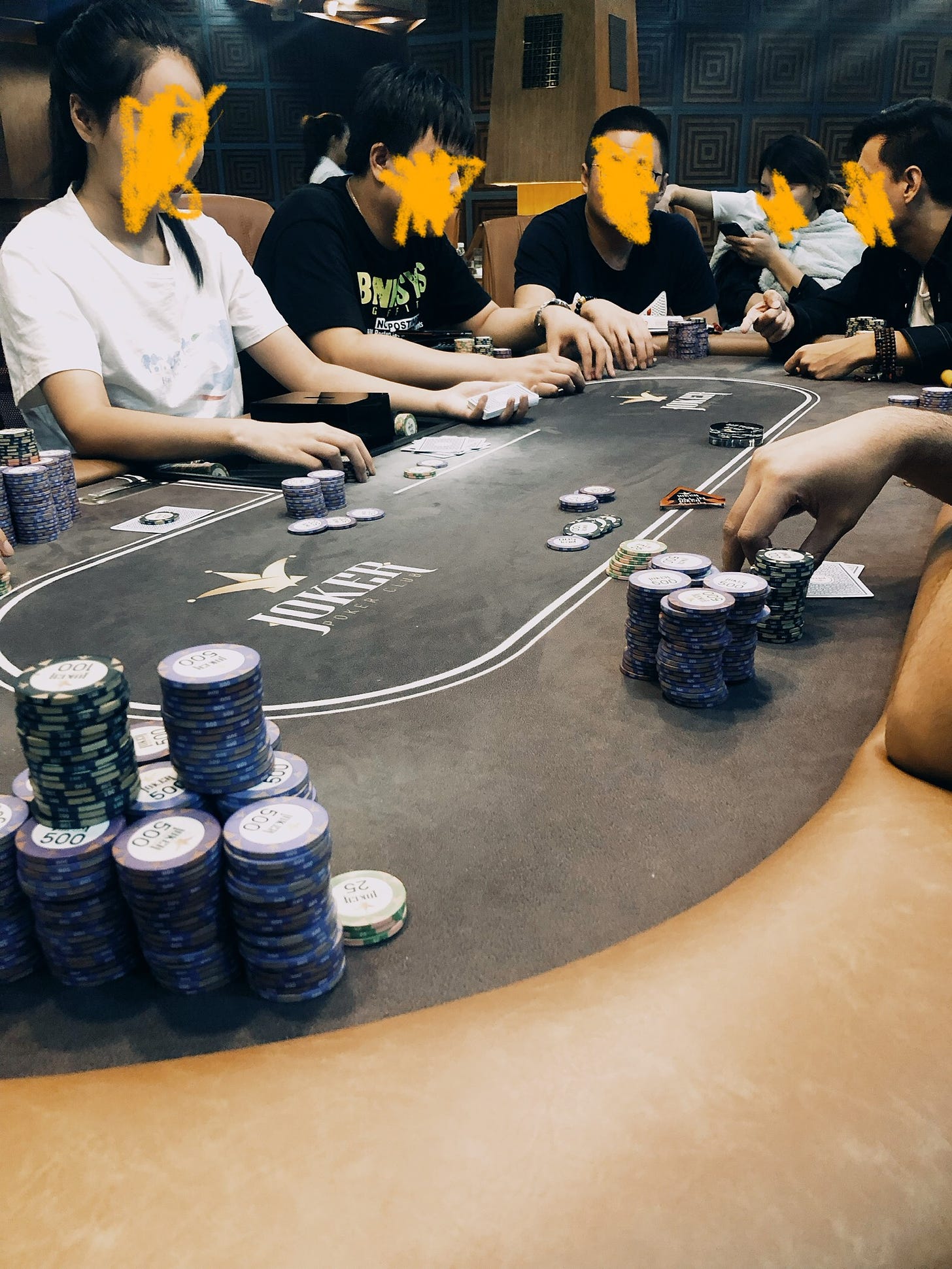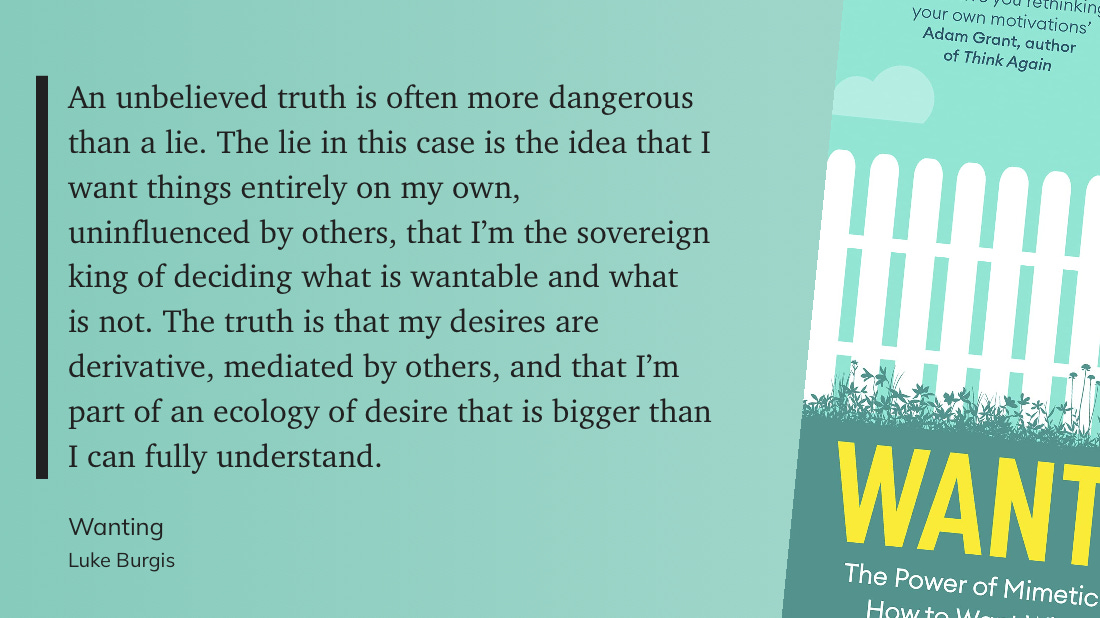Hey Friends,
There’s a bitterness that permeated into my soul and infected it with poison. It's known as envy, and it took over my life.
I know it’s uncomfortable to talk about envy. We all struggle with it. And while some people are open about it, most of us hide it.
But because it’s an uncomfortable emotion, we should discuss it more.
Opening up and talking about our emotions has only become a recent thing. Even when I was at university 13 years ago for my psychology undergrad, it was still uncomfortable to talk about depression and sadness. Then along came Brene Brown with her TED Talk on vulnerability, and things started to open up.
But envy is still left in the dark corner of our brains, lurking in the shadows. There’s a sense of shame that ripples over us when we admit we’ve been envious. To cope, we push those thoughts down into the depths of our consciousness and turn our backs on it, hoping they will disappear.
But shame only exists if we keep it in the shadows. Only by shining a light on these emotions can we begin to loosen shame and envy’s chokehold.
I’ve spent the last few years trying to understand envy and jealousy. If it’s so destructive, why does envy exist? What evolutionary purpose does it serve? And can we ever overcome it?
Despite the lengthy chats with my psychology friends, it’s been tough to find any good papers on envy, so you will have to rely on my armchair observations.
I know envy and jealousy get used synonymously without causing too much confusion. I can say Jason is envious, or Jason is jealous, and you will most likely understand the message I’m trying to convey. However, these two words have different meanings:
Envy is wanting what someone else has. Jealousy is a fear of losing what you have to someone else.
Envy requires two people. Jealousy requires three.
You’re envious of your neighbour.
You’re jealous of your girlfriend’s new male friend.
I didn’t consider myself an envious person until I started thinking about why I was always wanting more. Throughout my twenties, I felt like I was stuck in this perpetual state of dissatisfaction, wanting what others had and believing that there was always something better out there.
The illusion that there is always something better out there
I remember the first time I felt envy clearly. A friend got into a relationship, and I suddenly wanted what he had. Not his girlfriend per se, but this desire to be in a relationship too.
A few months later, I was successful in charming and courting S.
Five years passed, and envy struck again. Social media convinced me that there was a better relationship for me out there. So I left my relationship and went in search of greener pastures.
Envy ran the most rampant in my old life as a poker player.
You see, poker is a zero-sum game (technically negative sum), meaning my win is your loss and vice versa. This produces a cutthroat competitive environment of either take or be taken.
At this point in my life, 99% of my friends were poker players. Whenever one of us reported a win, particularly a big win, we’d all be seething with envy.

Envy made me feel I was underperforming in poker. I kept comparing myself to someone that was ahead of me, and the goalpost kept on moving. When in reality, 99% of those who try to become a professional never make any money.
In the perpetual pursuit of better, I ended up somewhere I didn’t even mean to go: Sat in a smoke-filled private high-stakes cash game in Vietnam with some unsavoury characters, sacrificing my sanity in order to make more money.
“The world isn’t driven by greed, it’s driven by envy.” — Charlie Munger
I never intended to stay a poker player for long. The plan was to figure out what I wanted to do with my life and bounce. But it was being envious of others that drove me to stay as long as I did and also achieve as much as I did.
Is there anything wrong with envy?
Billionaire investor Charlie Munger once said, “What good is envy? It’s the one sin you can’t have any fun at.”
I look up to Munger, but I think he’s wrong. If he had used the word jealousy, I’d agree, but I think envy if managed well, contains the potential for greatness.
There’s nothing wrong with wanting what someone else has so long as it’s not to be better than our neighbours. The Bible understands this flaw of human nature well and states it in the tenth commandment:
Thou shalt not covet thy neighbor’s house; you shall not covet your neighbor’s wife, nor his male servant, nor his female servant, nor his ox, nor his donkey, nor anything that is your neighbor’s. — Exod. 20:17
We’re more threatened by people who are of similar social status as us than by those who don’t.
The economist, Meir Statman, ran a survey and found that people would prefer to make $50,000 in a community where the average salary is $25,000 than make $100,000 in a community where the average salary is $250,000.
This is the madness of humans. We care more about being better than other people than we care about doing well ourselves.
But I see envy as like fire. It can either destroy or light the way and help us see what we want.
As the comedian Jimmy Carr writes in Before & Laughter, “Envy is pure motivation. Envy is your subconscious telling you what you actually want out of life. Envy is the answer to the question.”
The hard part is not letting envy burn you.
Managing envy
Charlie Munger has claimed he’s overcome envy. I don’t know how true this is, perhaps it takes 99 years to overcome, but for now, I’m inclined to believe it’s not possible.
Envy is an emotion. Albeit a negative one, but an emotion nonetheless. What that means is we can’t control when these emotions arise. But what we can control is how we express those emotions. It’s possible to feel envy and express genuine joy.
I envy a lot of writers. Whenever I see a beautiful sentence, I think to myself: damn, why didn’t I think of that? But instead of expressing disdain, I transmute the envy to applaud their work and use the energy as motivation to get better.
This mastering of emotions is hard to do, and I still struggle with it at times. But I have found there is another effective way to manage envy: Practising gratitude.
Every morning, after making my cup of coffee, I sit down at my desk, open my journal and write three things I’m grateful for. I’ve done this almost every day for the last three years.
Practising gratitude has helped me feel less resentful of my neighbours, the world, and most importantly, myself for not having achieved more.
It took me a long time to learn this but compare yourself to who you were yesterday, not someone else’s today.
I’m 31 years old, and I have everything.
I have a roof over my head. Food to eat. Friends and family that I love and am proud to be associated with. I have a vocation that gets me excited to wake up and work. I own my own time. And I’m in great health.
“Be content with what you have; rejoice in the way things are. When you realize there is nothing lacking, the whole world belongs to you.” — Lao Tzu
— Jason Vu Nguyen
📚 What I’ve Been Reading This Week
📘 Books:
Wanting. Mimetic Desire: How to avoid chasing things you don’t truly want by Luke Burghis
📑 Articles:
Rich and Anonymous by Morgan Housel — I know I write online and have a digital footprint, but being rich and anonymous is something I aspire to.






